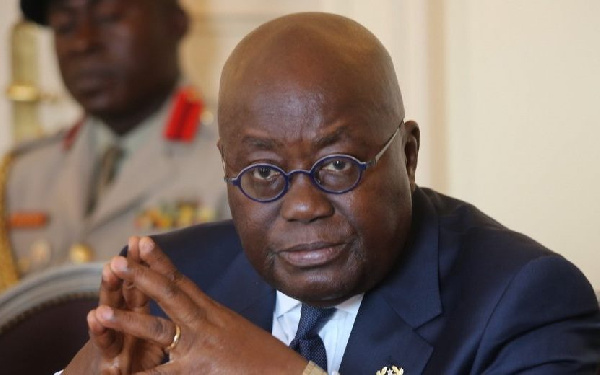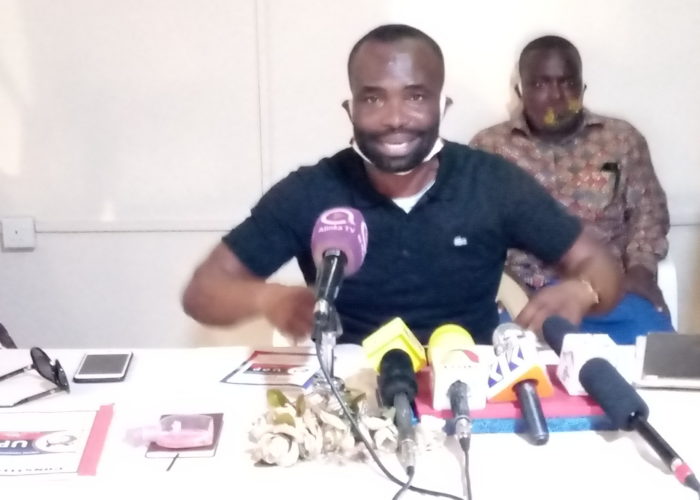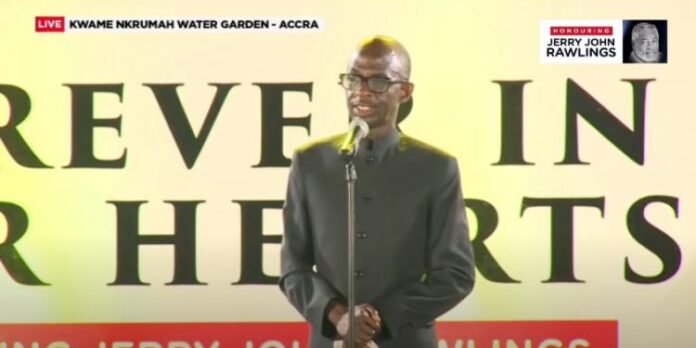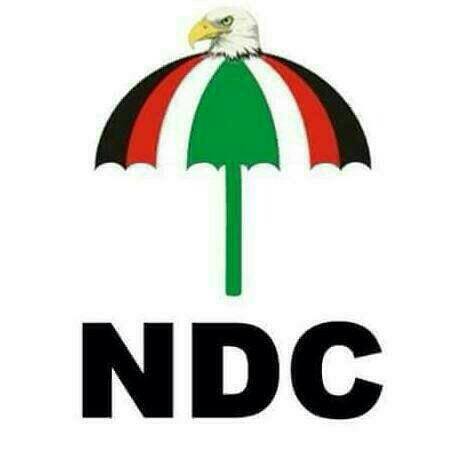Ghanaian Politicians Pay Lip Service As Youth Unemployment Keeps Growing
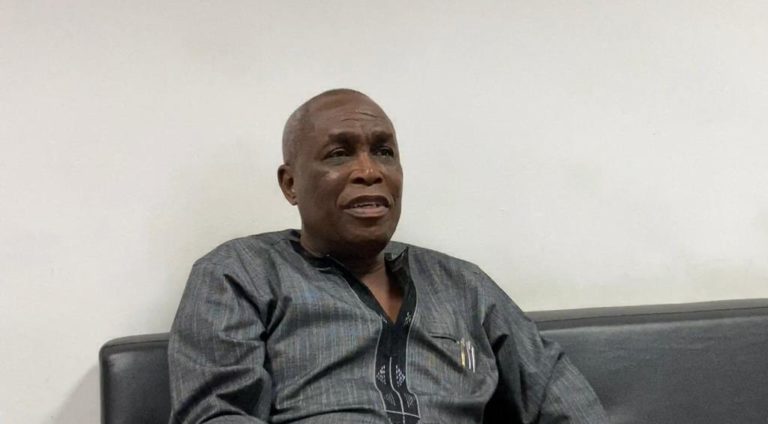
Mr. Austin Gamey
The youth are important asset of every nation. They form the core of the labour force and largely represent the future if properly resourced and nurtured. It is therefore not out of place to invest in this significant segment of the population as a country determined to make socioeconomic progress.
Ghana is one of the most stable countries in Sub-Saharan Africa and stands tall among its peers in terms of upholding democratic principles in its governance structure. Since returning to democratic rule in 1993, the West African country has held seven successful elections without any political upheaval as being witnessed in other countries in the region.
Two major political parties, the National Democratic Congress (NDC) and New Patriotic Party (NPP) have taken turns to govern the country since then. Both parties have always maintained their superiority over each other in terms of the development of the country. From health, economy, education, security, sanitation, employment to infrastructure both parties claim to have done better during their regimes.
However, one area that remains a major challenge in the country for the 27 years that the two parties have led the country is youth employment. Unemployment among the youth in Ghana is a perennial problem that successive governments have struggled to address despite various interventions over the years.
It appears politicians are only paying lip service to the masses as little progress has been made so far as a result of their policy interventions. Election after election, they mount the campaign platform to assure the electorate of their commitment to address the issue yet the problem continues to persist.
Consequently, upsurge in crime and other social vices has become inevitable with thousands of youth across the country having nothing to do due to lack of job opportunities. It is only natural that some of them would engage in any illegal means to make money in the face of the harsh economic conditions they find themselves.
According to the International Labour Organization (ILO), youth unemployment in Ghana is estimated to be 13.7 per cent as at 2019. The figure, the ILO said, is relatively average compared to countries in sub-Saharan Africa but above the rate of unemployment worldwide.
Ironically, a Deputy Minister for Employment and Labour Relation, Bright Wireko-Brobbey, has recently claimed that the current government has created 2.2 million jobs since 2017 when it assumed office. This is obviously a sharp contrast to the reality on the ground as the scramble for jobs across the country among young people is rather on the ascendancy.
Mr. Austin Gamey, a Labour Analyst in Ghana, reacting to the Minister’s claim has challenged him to provide data and statistics to support the statement. He said it is not enough to put out figures without backing them with empirical evidence.
He implored government to take a look at the educational structure and possibly review it to ensure the training and development of human capital has a direct link with industry.
“Our unstructured educational system to fit our culture and sensitivity as a people, dovetailed into the world of work because the factories and services that will be here is not for our local consumption alone”, he opined.
He continued that, “we must learn to work together as a people to structure our educational system in a manner that is consistent with the demands of the entire world”.
Mr. Gamey who is also the Chief Executive Officer of Gamey and Gamey Group, expressed disappointment about how many youth lined up in traffic along major streets in the capital city and other urban areas, selling petty items with all their youthful exuberance.
He therefore called on politicians to do away with partisanship and bring on board all stakeholders to come up with a holistic policy to create opportunities for young people to contribute to national development through sustainable jobs.
It is however an undeniable fact that the Government of Ghana in its quest to address the problem has introduced various programmes and policy interventions targeting youth unemployment but the question remains how sustainable are the initiatives.
It is worth noting that successive governments have taken steps to address the issue but their interventions left much to be desired. This is because most of the programmes they introduced were virtually ad hoc measures which did not provide sustainable employment for the beneficiaries.
The current administration under the leadership of President Nana Addo Dankwa Akuffo Addo has also introduce the National Entrepreneurship and Innovation Programme (NEIP), to provide business development services, start-up incubators and funding for young businesses to enable them grow.
Mr. Kwesi Ofori Junior, General Manager for Projects at GrowAfrica, an organization engaged in the promotion of the Small and Medium Enterprises (SME) sector, believes the surest way to help grow young businesses is to have a one-stop shop where graduates and young business-minded people can walk to for all business advisory services and support.
Such a centre, he said, should be manned by people with expertise in accounting, human resource, funding and business plans as well as counselors to assist in fine-tuning business ideas of young people to make them practicable. He said it would also serve as a resource centre that would also have representatives of the Ghana Revenue Authority, Ghana Standard Authority, Food and Drugs Authority and the Registrar General Department.
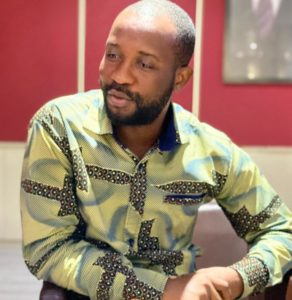
Mr. Kwesi Ofori Junior
“It is important to have all these key players under one roof to provide their services in a coordinated manner to clients of the centre to save them the hassle of having to go to all these offices at different locations”, he stated.
Investing in the youth has always featured in manifestos of the two major political parties in Ghana but both of them have done little to redeem their promises.
Source: www.fernilnews.net
